The Flying “V” Cabin
This rustic cabin, outfitted with gun slits, was once home to John D. Tewksbury, patriarch of the bloodiest family feud in American history.
Even the architecture of this small, humble structure hints at violence. This Flying “V” Cabin, built in 1880 seems to lack windows, but on closer inspection you see that there are small slits throughout the cabin. These were not designed to let sunlight in but to let gunfire out. In place of windows there are gun ports.
The Flying V Cabin has since been moved to the Pioneer Living History Museum in Pioneer Arizona, but it was originally located in Pleasant Valley and was home to John Tewksbury, Sr. Whether you call it the Pleasant Valley War or the Tewksbury-Graham Feud the resident of that small cabin was at the center of a family war that lasted six years and had the largest death toll of any family feud in US history. By the end of the battle nearly every male in both families was dead.
John Tewksbury, Sr., the resident of the Flying V Cabin, was part Indian and was the patriarch of the Tewksbury clan. However it would be his sons who undertook the battles in the Tewksbury-Graham Feud.
The family feud started like so many others before it. Two neighbors, friends at first, slowly fall into a dispute. It was John Tewksbury, Sr himself who invited Tom Graham out to Arizona to begin ranching. Soon however, even the vast expanse of the Southwest began to feel cramped. Both families started accusing the others of stealing horses and cattle. Egged on by a third rancher named James Stinson, the arguments and accusations turned to arrest warrants.
An attempt to settle some of the issues in person quickly turned into a shoot out. In 1885 a Basque sheepherder was killed and robbed by a member of the Graham clan, and suddenly the entire valley took sides. For the next three years it was all out war.
The Tewksbury-Graham Feud became wildly complicated, involving multiple other ranchers, hired hands, and the investors of both rancher families. In one incident a 19-year-old scout, who was attempting to rally support for the Graham side was captured by a bounty hunter hiding in a cave, who was then killed by an Apache who was stalking the bounty hunter, at which point the Apache was immediately shot by the 19-year-old scout. A group of cowboys called the Hashknife outfit got involved and quickly gained a reputation as the “thievinist, fightinest bunch of cowboys” in the U.S. People were beheaded, ranches were burned to the ground, an assassin was hired, and lynchings, murders, and shootouts became commonplace. The Tewksbury-Graham Feud played like a super-cut of spaghetti Westerns climaxes.
The battle finally ended in 1892 with the murder of the last remaining Graham boy by the last remaining Tewksbury boy. Edwin Tewksbury, son of John Tewksbury, Sr, killed Thomas Graham, as he unloaded a load of wheat. During the trial Graham’s widow tried to shoot Ed Tewksbury, but the gun misfired. At the end of the feud between the Tewksbury and Graham families, only one son remained. The news from the feud was part of the reason Arizona’s statehood was delayed for a decade. A writer of dime store Western novels couldn’t have scripted a more action packed, or tragic, family feud.
The Flying “V” Cabin of the family patriarch can be visited today in the Pioneer Living History Museum along with many other original Western buildings.

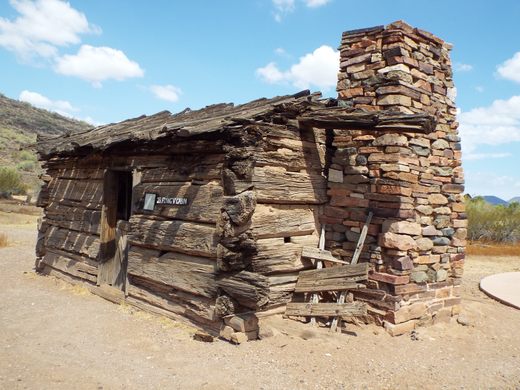
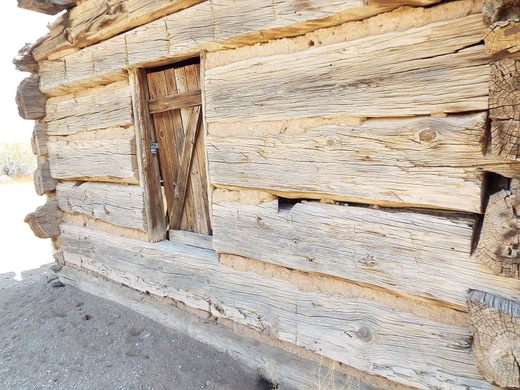
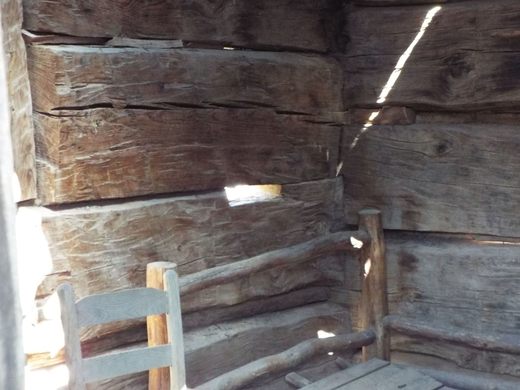
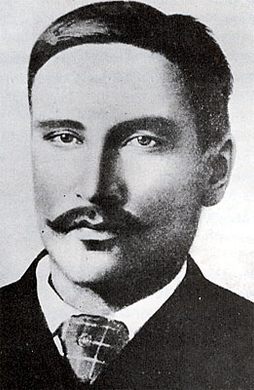








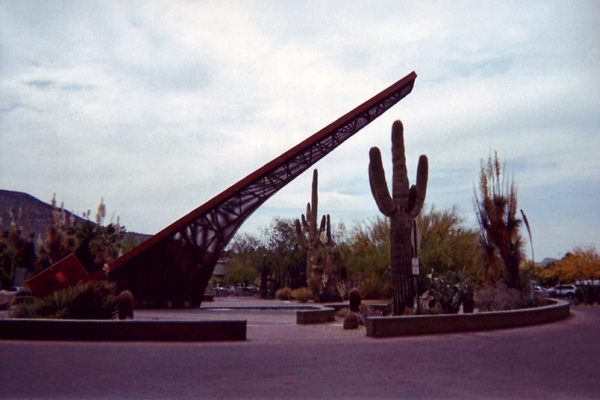


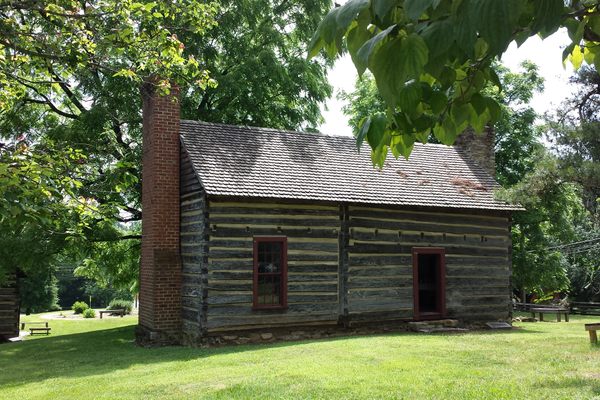
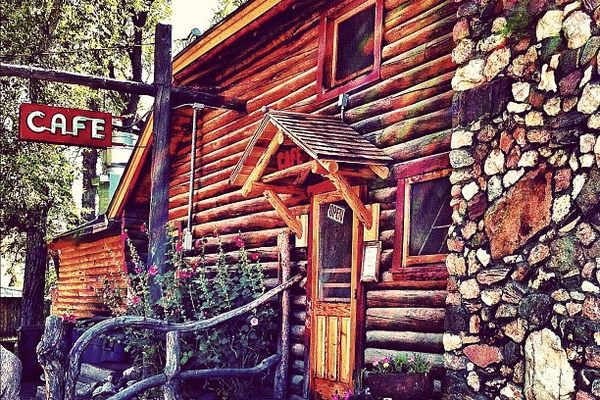
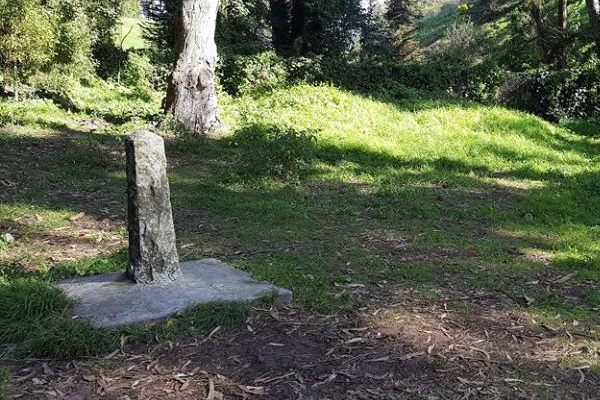
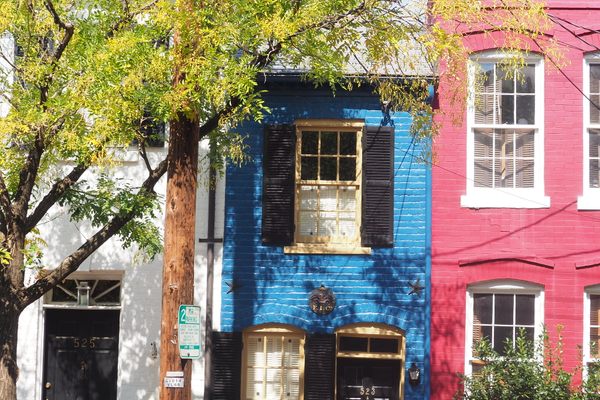

Follow us on Twitter to get the latest on the world's hidden wonders.
Like us on Facebook to get the latest on the world's hidden wonders.
Follow us on Twitter Like us on Facebook